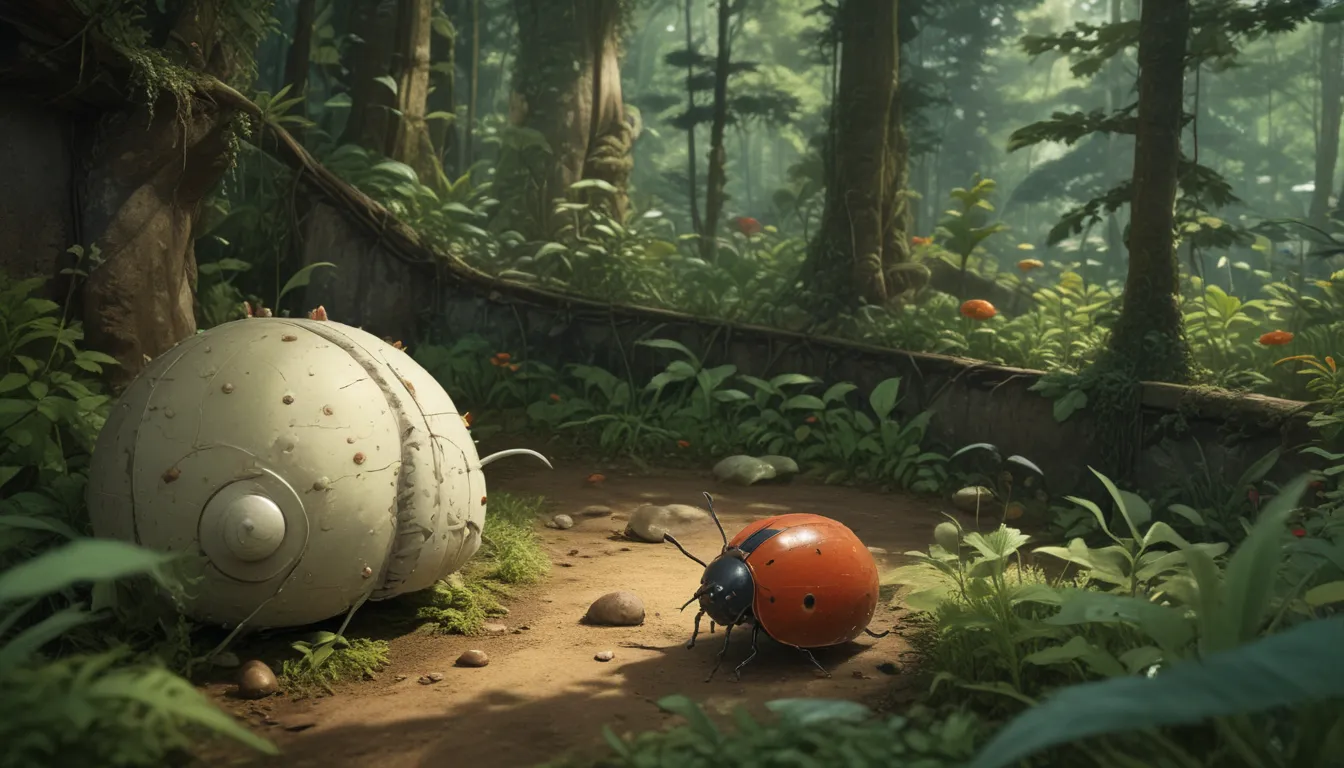How to Effectively Identify and Manage Scale Insects in Your Garden

Scale insects can be a nuisance in any garden, with nearly 8,000 species of these tiny, sucking insects out there looking for a meal. These pests infest perennial trees and shrubs, feeding on bark, leaves, and fruit using their straw-like mouthparts. The result? Stress to your plants, visible as yellowing leaves and premature leaf drop, with heavily infested plant parts potentially dying off.
While seeing a few scales is normal and generally not a threat to your plants, dense populations can cause significant damage – particularly those that produce honeydew, leading to sooty mold and ant infestations. Fortunately, many factors keep scale populations in check, such as natural predators and parasites. However, when this balance is disrupted by ants, dust, or frequent insecticide applications, you might need to step in to protect your plants.
Extensive Understanding
Scale insects come in various families, with armored and soft scales being the most common. Identifying the specific type of scale infesting your plants is crucial in choosing proper treatment methods. Armored scales, such as the oyster shell scale, have a protective covering, while soft scales, like the black scale, do not. Each type feeds differently, with some excreting honeydew and others not.
Understanding the life cycle of these pests is essential for effective management. Eggs hatch throughout spring and summer, leading to nymphs that mature through two instar stages before becoming adults. Knowing when scales are most vulnerable during their life cycle can help you intervene at the right time.
Zeroing In on Scale Control
When it comes to managing scale insects, a multifaceted approach involving cultural, physical, biological, and organic pesticide control methods can be highly effective. Here’s how you can tackle scale infestations in your garden:
Cultural Control
- Ensure optimal plant health through proper sunlight exposure and watering regimes.
- Prune infested parts, isolate them, and dispose of them properly.
- Consider removing and replacing heavily infested plants.
Physical Control
- Scrape scales off plants using a butter knife.
- Use a strong spray from a hose to dislodge scales.
- Be diligent in removal to ensure all scales are eliminated.
Biological Control
- Introduce beneficial insects like parasitic wasps and beetles to prey on scale insects.
- Parasitic wasps lay eggs on scales, with emerging larvae devouring the pests.
- Consider buying parasitic wasps for release in your garden, along with lacewings and other natural predators.
Organic Pesticides
- Use rubbing alcohol-soaked cotton balls to dissolve scale insects’ protective coating.
- Create a homemade pesticide solution with alcohol, water, and organic soap for more serious infestations.
- Apply low toxicity organic pesticides like horticultural oil, insecticidal soap, neem oil, and canola oil sparingly.
Chemical Pesticide Control
- Use systemic insecticides like acephate, dinotefuran, and imidacloprid for severe infestations.
- Ensure proper identification of scale species before applying chemical controls.
- Read and follow label instructions carefully to prevent unintended harm.
Maintaining Balance in Your Garden
Not all scale insects are detrimental to your garden. Some, like the cochineal scale, are even beneficial for producing carminic acid used in various industries. Keeping pests in check through natural enemies is the best approach, but interventions may be necessary to protect plant health.
As a gardener, you play a crucial role in maintaining the delicate ecosystem of your garden. By understanding scale insects and employing appropriate management techniques, you can ensure your plants thrive in a healthy environment.
If you have any questions or need further advice on dealing with scale insects, feel free to leave a comment below. And for more on pest management in the garden, check out these related articles:
- How to Use Beneficial Nematodes to Reduce Pests in Your Garden
- Controlling Thief Ants in Your House and Yard
- Integrated Pest Management: What It Is and How to Use It
Scale insects may pose a challenge in your garden, but with the right knowledge and strategies, you can effectively manage their impact on your plants. Remember, a proactive approach to pest control can make a significant difference in the health and vitality of your garden!





